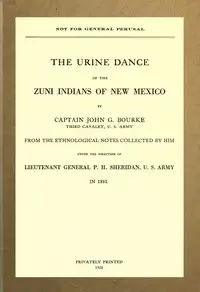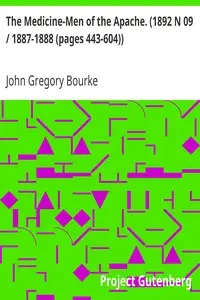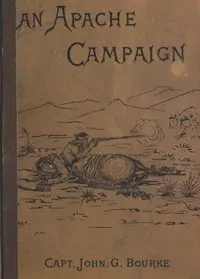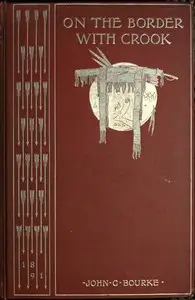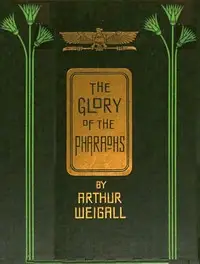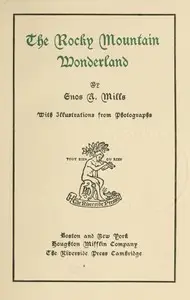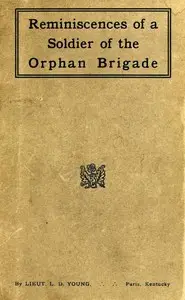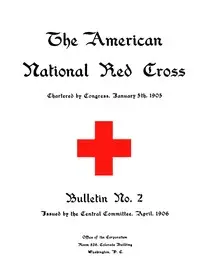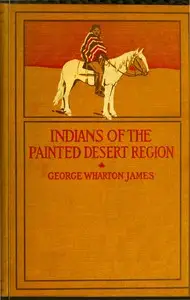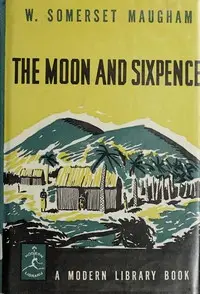"Scatalogic Rites of All Nations" by John Gregory Bourke is a scientific publication written in the late 19th century. It delves into the various religious and therapeutic uses of feces and urine across different cultures, examining their significance in rituals, folk medicine, and historical practices around the world. Bourke bases his findings on original observations and an extensive compilation of over a thousand scholarly works. The opening of the dissertation lays the groundwork for discussing the often-repulsive but culturally significant rites associated with excrement. Bourke highlights the universality of these practices in human history, suggesting that they are deeply intertwined with the spiritual and medicinal beliefs of primitive peoples. He recounts firsthand experiences observing the "Urine Dance" of the Zuñi tribe in New Mexico, where participants engage in the consumption of urine as part of a ritual aimed at fortifying the body against various challenges. Through these observations, Bourke sets the stage for an exploration of the ancient and enduring relationship between humanity and these natural substances, revealing their relevance in understanding the religious impulses and cultural practices that have shaped human civilization. (This is an automatically generated summary.)
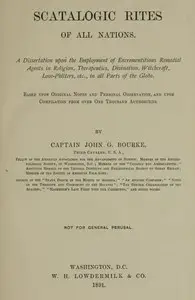
Scatalogic Rites of All Nations A dissertation upon the employment of excrementitious remedial agents in religion, therapeutics, divination, witchcraft, love-philters, etc., in all parts of the globe
By John Gregory Bourke
"Scatalogic Rites of All Nations" by John Gregory Bourke is a scientific publication written in the late 19th century. It delves into the various reli...
Genres
Released
2021-05-09
Formats
epub3 (images)
mobi
epub
mobi (images)
epub (images)
Free Download
Overview
About the Author
John Gregory Bourke was a captain in the United States Army and a prolific diarist and Reconstruction Era author; he wrote several books about the American Old West, including ethnologies of its indigenous peoples. He was awarded the Medal of Honor for his actions while a cavalryman in the Union Army during the American Civil War. Based on his service during the war, his commander nominated him to West Point, where he graduated in 1869, leading to service as an Army officer until his death.
Total Reviews
10.0k
Total reviews from Goodreads may change

